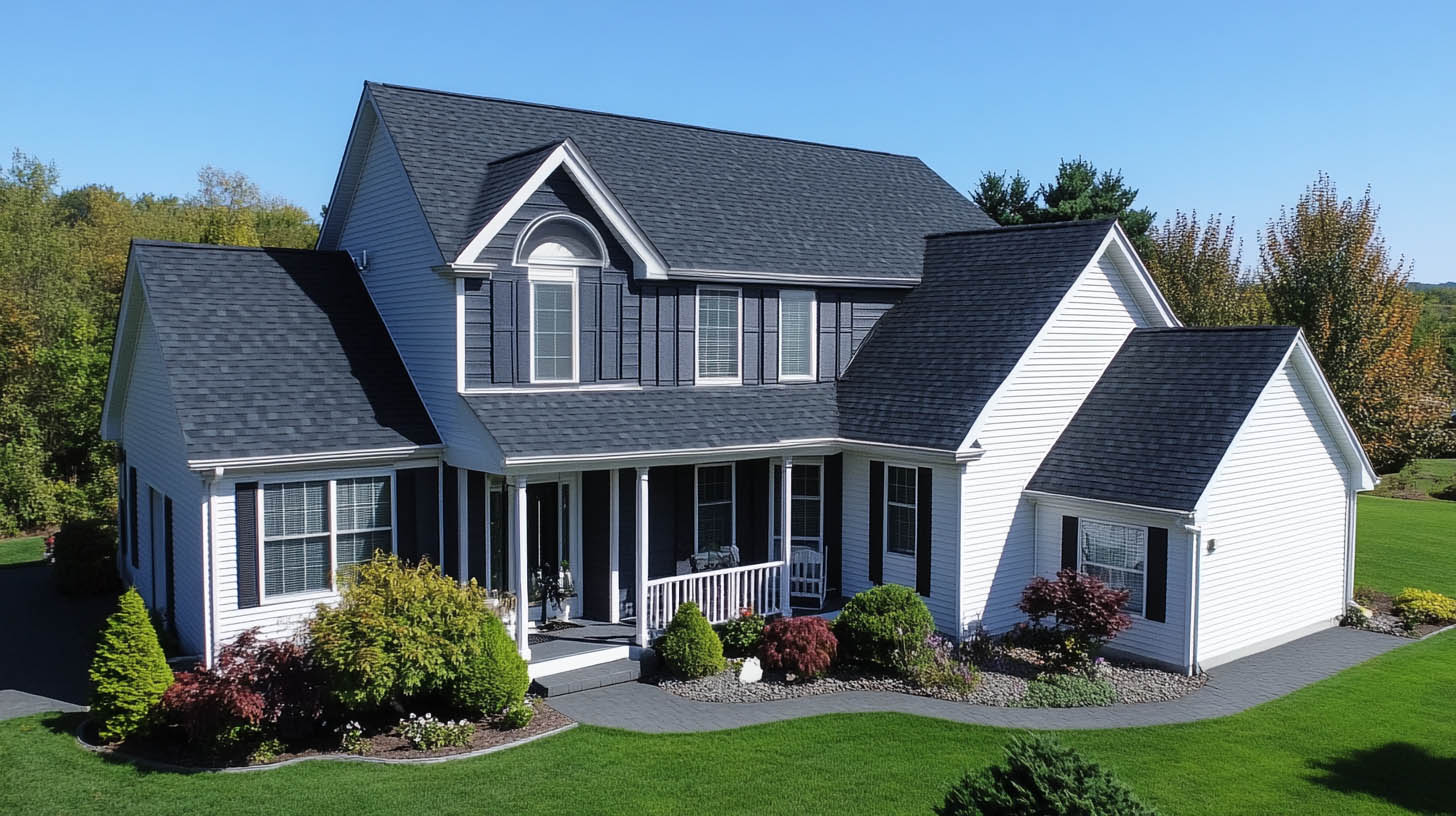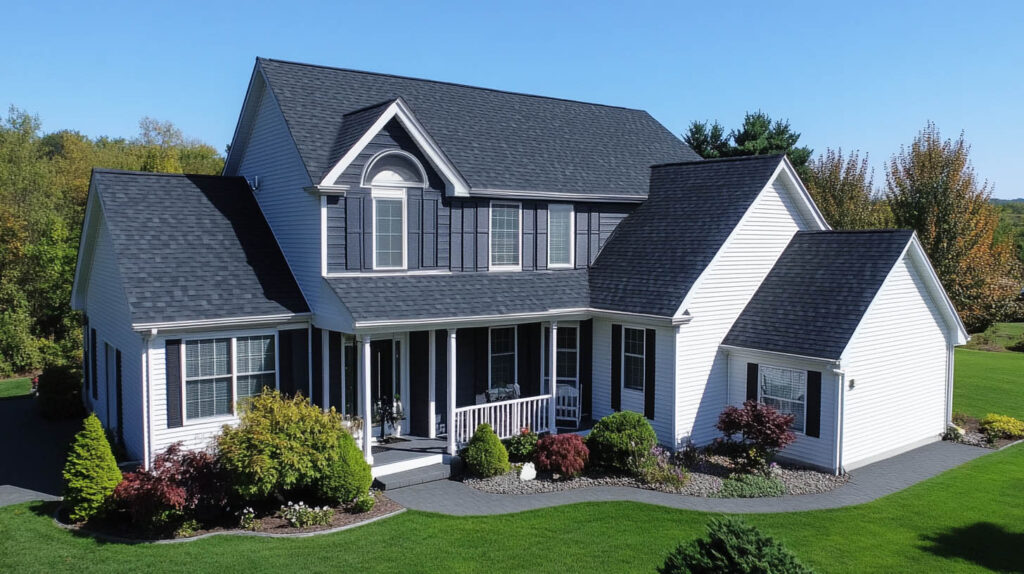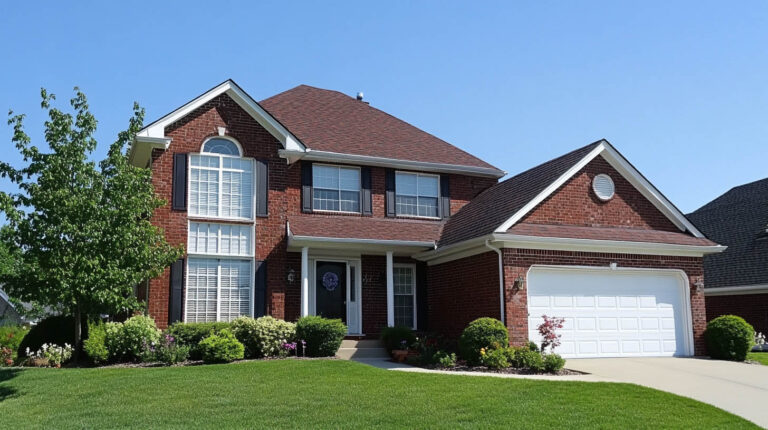
Blog
How to Find Reliable Roofing Contractors
Selecting a dependable roofing contractor ensures that your roof installation or replacement is completed efficiently and to high standards. With numerous companies to choose from, focusing on key factors like experience, certification, and transparency is essential. In Jacksonville, FL, Avenue Roofing stands out as a trusted name, combining expertise with a commitment to quality craftsmanship.

1. Focus on Local Roofing Companies
Hiring a local contractor offers several benefits, including familiarity with regional building codes, quicker response times, and reliable references. Always confirm that the contractor has a physical office and a local phone number. This ensures you know where to reach them if issues arise after the project is complete.
2. Verify Licensing, Bonding, and Insurance
Reliable roofing contractors should be fully licensed, bonded, and insured. These credentials protect you as a homeowner and ensure compliance with legal and safety standards:
- Licensed: Confirms the contractor has met state requirements to operate legally.
- Bonded: Provides financial protection if the contractor fails to complete the job.
- Insured: Covers liability for accidents or damages during the project.
Always ask for proof of these credentials before hiring.
3. Evaluate Experience and Longevity
Choose contractors with a proven track record of success. Established companies typically have the experience and resources to handle projects of varying complexity. While newer businesses may offer lower prices, they may lack the stability to address long-term maintenance or warranty claims.
4. Compare Contractors Based on Quality and Cost
After gathering quotes, compare contractors on more than just price. Look for factors such as:
- Project timelines.
- Recommended materials.
- Warranties for labor and materials.
Also, evaluate how contractors communicate and address your concerns. Impatient or dismissive behavior can signal potential issues down the road.
5. Insist on a Written Contract
A detailed, written contract protects both parties and ensures clear expectations. The agreement should include:
- Cost breakdowns.
- Installation methods.
- Timelines and safety measures.
- Warranty details for materials and labor.
Request a lien waiver to protect yourself from potential claims if the contractor fails to pay for materials.
FAQs
Q1: What is a lien waiver, and why do I need one?
A: A lien waiver protects homeowners from claims by suppliers or subcontractors if the contractor fails to pay for materials or labor.
Q2: Should I hire a contractor without a license?
A: No, unlicensed contractors may not meet legal or safety standards, putting your project and property at risk.
Q3: How many quotes should I get before hiring a contractor?
A: Collect at least three quotes to compare pricing, timelines, and service quality.
Q4: Do roofing contractors need to provide a warranty?
A: Yes, reputable contractors offer warranties for both materials and labor, ensuring long-term protection.
Q5: How can I verify a contractor’s credibility?
A: Check their license, insurance, customer reviews, and references from past clients.
Conclusion
Finding a reliable roofing contractor requires diligence, but the effort pays off in quality and peace of mind. By focusing on local businesses, verifying credentials, and insisting on transparency, you can select a contractor who meets your needs. With Avenue Roofing, you’ll receive expert service from a company dedicated to delivering durable and efficient roofing solutions.
If you want to read a blog about understanding the roof pitch multiplier and its importance for homeowners, click here.



